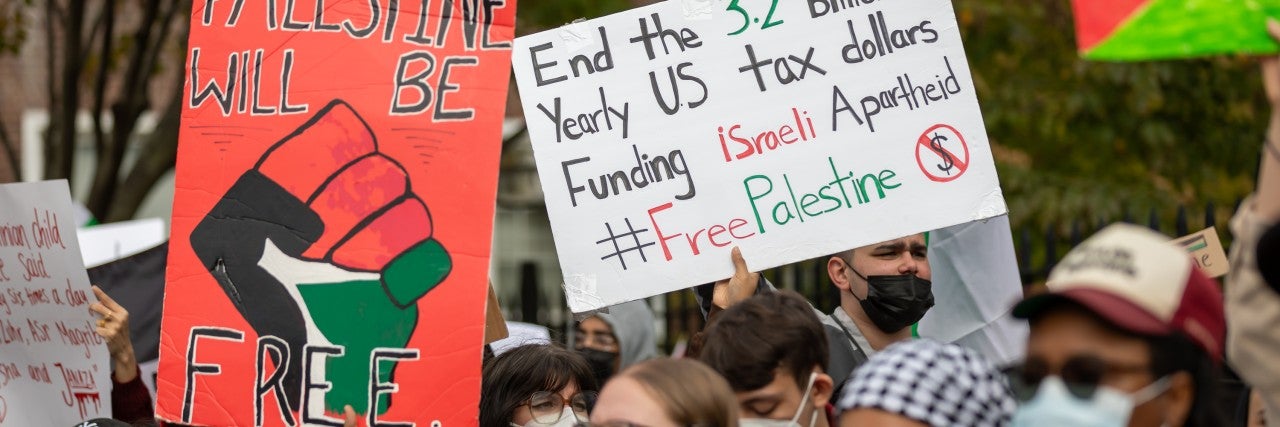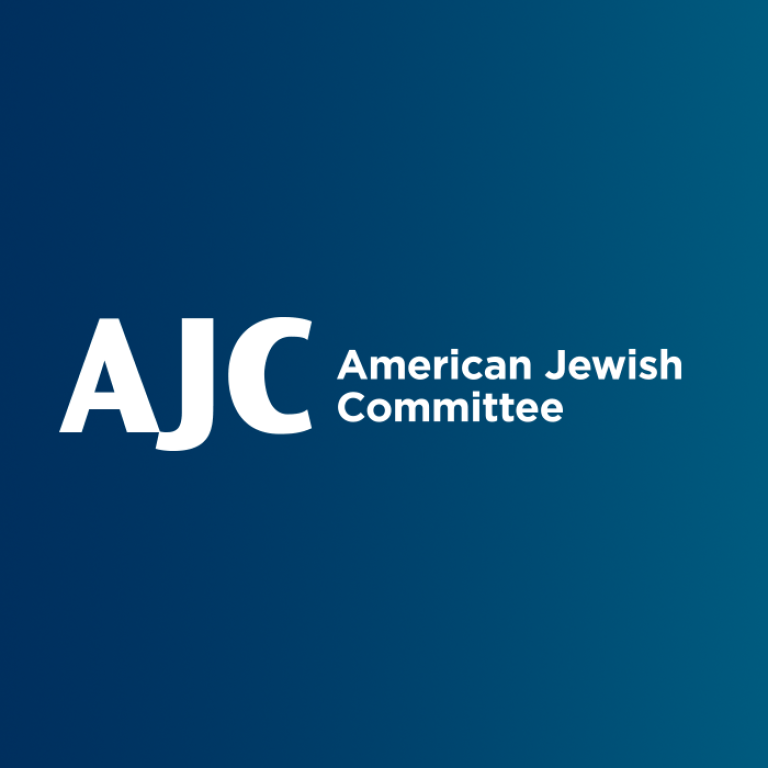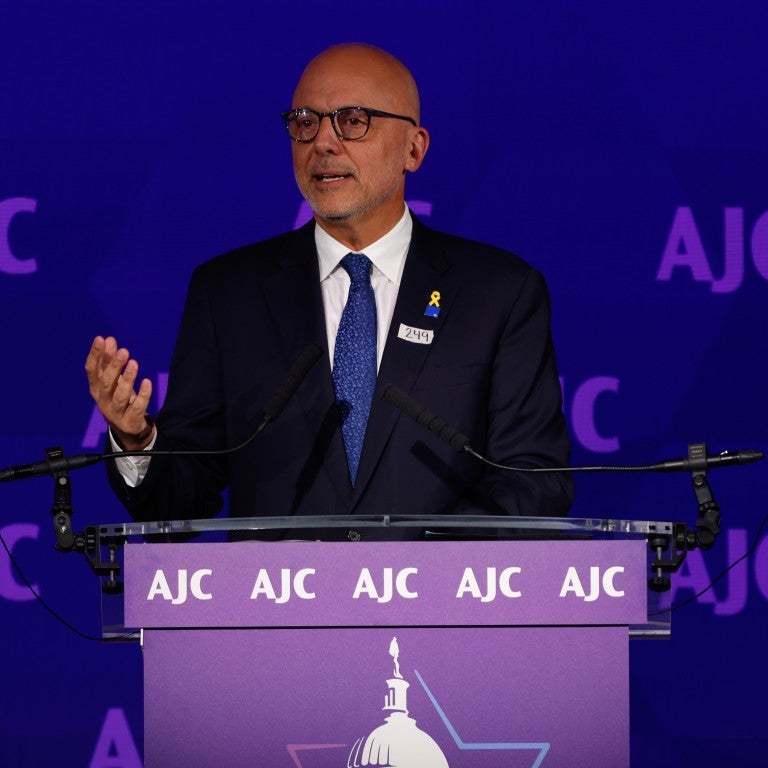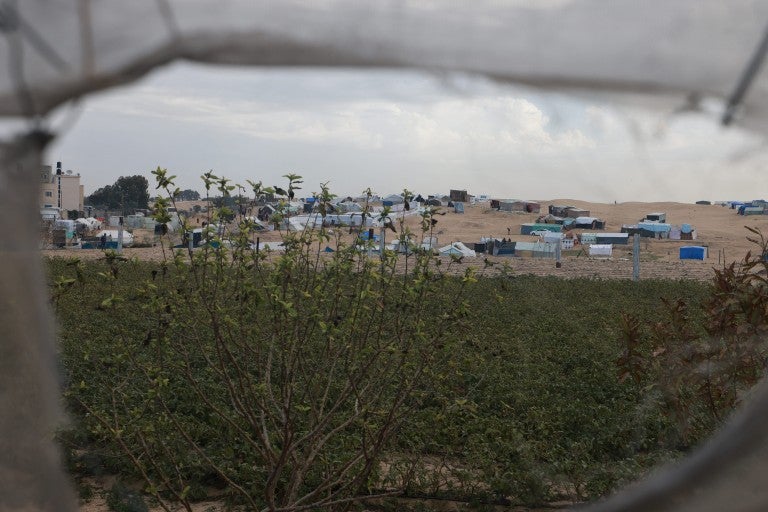February 23, 2024
Students for Justice in Palestine (SJP) is an anti-Zionist student organization in America that has been responsible for numerous recent anti-Israel protests on college campuses across the country. The organization and its campus chapters have led the Boycott, Divestment, and Sanctions (BDS) campaign at many universities, urging schools to divest from and eliminate financial and programmatic relationships with Israeli corporations and entities.
In the days following Hamas’ terror attack in Israel on October 7, 2023, SJP chapters on multiple campuses led protests and other actions that openly praised Hamas terrorists and the death of innocent Israeli citizens. People participating in these protests also bullied, intimidated, and harassed Jewish and pro-Israel students on campus, behavior which is consistent with SJP activities more broadly. This led to several American universities suspending or banning SJP and affiliated groups from their campuses. Jewish and pro-Israel organizations, including American Jewish Committee (AJC) have called on more universities to closely scrutinize the actions of SJP chapters and take action if they violate the school’s code of conduct or harass or intimidate other students.
SJP and its defenders say its actions are protected by free speech and have expressed their opposition to these bans. The actions have led to intense discussion about the limits of student activism, the threat posed to Jewish students by anti-Israel and anti-Zionist activity, and the acceptable limits universities should place on free speech.
What is SJP?
SJP’s first chapter was founded in the 1990s at the University of California, Berkeley, and began making headlines in 2001 when it unsuccessfully lobbied for the UC Regents to divest from Israel.
The campus chapters of SJP are loosely affiliated with the National Students for Justice in Palestine (NSJP) organization, but claim they receive little financial support from the parent organization. SJP leaders estimate there were approximately 250 chapters before the 2023 Israel-Hamas war began, and they have received more than 80 additional requests to start chapters since. Not all pro-Palestine campus groups use the SJP name, but many utilize similar rhetoric and tactics.
SJP is fiscally sponsored and supported by American Muslims for Palestine (AMP), an organization that, according to the Foundation for Defense of Democracies, has been linked to Hamas. A bipartisan group of lawmakers has called for federal investigations into the funding sources of SJP and AMP and their possible ties to Hamas.
What does SJP stand for?
The stated mission of SJP is to “promote an agenda grounded in freedom, solidarity, equality, safety, and historical justice,” and to “elevate the student movement for Palestinian liberation to a higher level of political engagement.”
SJP leaders have made clear they support the use of violence to achieve their political goals. SJP rallies regularly call for an “intifada,” meaning armed aggression against Israel, and call for Palestine to be free “From the River to the Sea,” which would eliminate the existence of Israel.
How are SJP’s lies fomenting hate against Israelis and Jews?
SJP’s campus messaging relies heavily on the progressive language of social justice, and SJP routinely uses that language to falsely attack Israel based on narratives that intersect with other social justice causes, including anti-Black racism, sexism, and other forms of gender-based discrimination, LGBTQ+ issues, settler-colonialism, and environmental issues.
Combined, these often generate the claim that intersectional justice requires that students on American college campuses join in condemning Israel and Zionism. The claim itself is naive and dangerous because it fails to register the historical context and present-day realities of the Israeli-Palestinian conflict, and shuts down fact-based dialogue around these issues. Claims like these that are clothed in social-progressive language, however, have enabled SJP to enlist a broad swath of American students who know very little about the Middle East to the cause of anti-Israel activism.
How do SJP’s tactics threaten the safety of Jews on college campuses?
SJP has been repeatedly linked to incidents of violence, intimidation, and harassment of Jewish and pro-Israel students on campuses across the country, including the creation of “apartheid walls,” or mock checkpoints in the center of campus, or posting mock eviction notices on Jewish students’ dormitory room doors.
The group routinely hosts speakers on campus who oppose Israel’s right to exist, uses dangerously demonizing language about Zionists and Israel, and has attacked Jews with antisemitic rhetoric.
SJP chapters are also largely responsible for introducing BDS resolutions and referendums on college campuses, which call for universities to refrain from investing in companies that do business in or with Israel. While no university has enacted a BDS resolution or referendum, the campaigns often devolve into antisemitic attacks against Jewish students on campus.
At the same time, SJP members shout down Israeli or pro-Israel speakers who are eventually escorted away from events for their safety, and they are tied to a slew of verbal and physical assaults against Jewish students.
SJP’s actions on college campuses often create an unsafe environment for Jewish students, who feel threatened or unable to express their Judaism or support for Israel. Brandeis University concluded in 2016 that “One of the strongest predictors of perceiving a hostile climate toward Israel and Jews is the presence of an active SJP group on campus.”
Anti-Israel demonstrations have led to a significant rise in antisemitic activity on American college campuses across the country, including attacks on Jewish students. Recent research shows that nearly 75% of Jewish college students in the U.S. report experiencing or witnessing antisemitism during the current school year.
“Jewish students are demonized for having any connection to Israel and believing the Jewish state should exist, even if they also express concern for the plight of Palestinians,” wrote Lily Cohen, a student at Northwestern and a vice president of the AJC Campus Global Board. “Yet, without hesitation, anti-Israel activists justify the murder of innocent Israelis for what they see as valid political ends and direct their anger at the Israeli government toward Jewish students.”
AJC CEO Ted Deutch has urged college and university leaders to “get off the fence” by unequivocally condemning Hamas terrorism and taking actions to protect Jewish students from the threats posed by groups such as SJP. “Let’s be clear: You either stand with Israel and the thousands who have been murdered, wounded, raped and kidnapped by Hamas or you stand on the side of terrorists. You either support the right to live in peace or stand with murderers who carried out a pogrom. The climate on campus starts at the top, and targeting Jewish students must never be tolerated.”
Does SJP support Hamas?
Numerous SJP chapters lauded the October 7 Hamas terrorist attacks against Israel as a “historic win for the Palestinian resistance,” praised the Hamas terrorists as “martyrs,” and endorsed Hamas’ deliberate targeting of Israeli civilians and its calls for the death of all Jewish people.
An SJP toolkit distributed to campus chapters in the days after the Oct. 7 terrorist attacks overtly stated that “Responsibility for every single death falls solely on the Zionist entity” and that the attacks “are the natural and justified response” to poor conditions for Palestinians in the Gaza Strip.
Five days after the terrorist attacks, SJP organized a “National Day of Resistance,” which called for “armed confrontation with the oppressors.” It created an unsafe environment for many Jewish students on campus, and a hostile atmosphere for Israeli and American Jews who were mourning the deaths of Israeli civilians.
Which universities and colleges have suspended SJP?
In October 2023, Florida Gov. Ron DeSantis directed state universities to “deactivate” their SJP chapters. In early November, Brandeis University became the first private institution to ban the group, with the school’s President Ronald Liebowitz debunking the free speech argument of SJP’s supporters. Student groups calling for violence against Jews or Israel’s destruction “should lose all privileges associated with affiliation at their schools,” he wrote, as free speech comes with “the responsibility to uphold community standards against the incitement of violence and harassment, and free of intimidation.”
Columbia University suspended its SJP chapter in November 2023 for “repeatedly violating University policies related to holding campus events.” George Washington University also suspended its SJP chapter days later after it projected messages onto the campus library the university president said were antisemitic and in violation of university policy.
Rutgers University took similar action in December 2023 after an associate dean determined the group’s activities “pose a substantial and immediate threat to the safety and well-being of others.”





